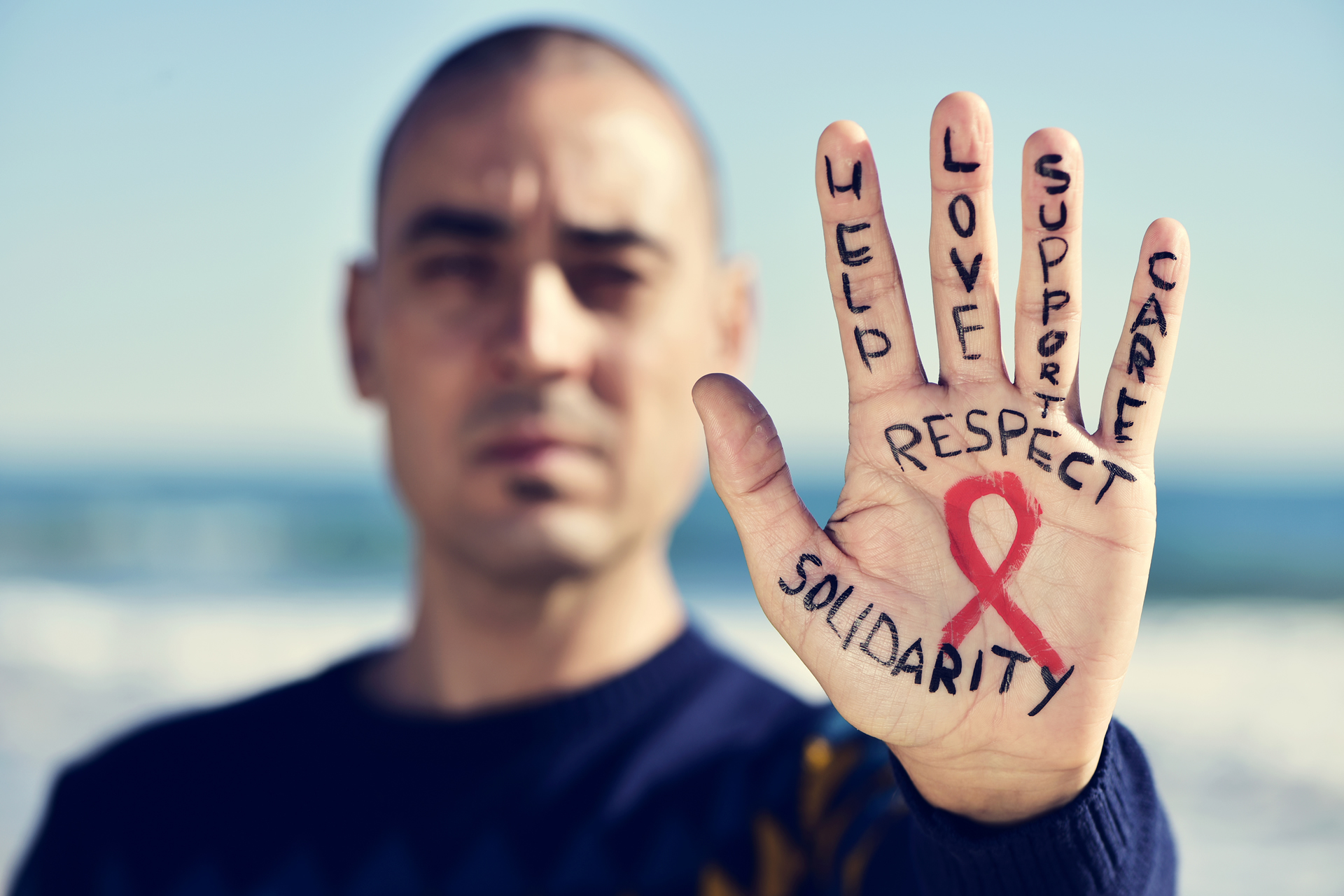
When news spread that more than 11,000 people in metro Detroit are living with HIV, with 5,530 people (40 percent) with it living within city limits, it was new news to some. Those numbers are from a January 2017 report by the Michigan Department of Human and Health Services, making it evident that HIV awareness and prevention needs to be made more prevalent in the Detroit area.
“HIV is not new; it’s been around for about 30 years,” said Matrix Human Services Community Health Counseling and Testing Supervisor Kathie Griffin-Futch. “I think it should be taken very seriously. I think it should be taken as serious as when somebody goes to get tested for diabetes, breast cancer, or high blood pressure, because it’s treatable and not curable.”
“People should be tested as often as they put themselves as risk. Meaning, you have unprotected sex tonight, you want to wait 30 days because, on the average, it takes HIV 30 days to show up in a person’s blood.”
HIV is a virus that attacks the body’s immune system and can be contracted by anyone. The most common ways are from unprotected sex, intravenous drug use, or at birth. Matrix Human Services is seeing an increase in African-American men under the age of 30 testing HIV positive with high viral loads and low CD4 (white blood cells called t-cells) counts, which means they have been HIV positive for longer than 30 days before getting a diagnosis. And according to the report, over 3,600 African-American men in Detroit are living with HIV. It is Griffin-Futch and her team’s mission to find where trends of HIV show up and to educate and help treat the HIV epidemic in the city.
“African-American men that have sex with men hold the highest new rate of infection in the city of Detroit,” said Griffin-Futch. “With that being said, we try to go to places in the city where HIV is prevalent, and people are unaware of their stats. So, we go to places like Mariners Inn, which is a treatment center for men, where we test people for HIV. We also go into treatment centers, soup kitchens, homeless shelters, gay bars, and anywhere people are not able to get quality healthcare because of lack of insurance.”
“If you don’t have health insurance, then how often are you going to the doctor,” said Kerrie Mitchell, Vice President of Marketing and Development for Matrix Human Services. “That’s why the disease keeps spreading because no one is taking the time to get tested or become educated on the issue.”
Since the 1980s, HIV has gone from a death sentence to a manageable chronic disease, meaning, everyone looks the same and you cannot tell who has it. The only way to find out if you have HIV is to get tested and Matrix Human Services offers a number of services for awareness and prevention, which include HIV testing, condom distribution, making PrEP referrals, HIV case management, and more.
HIV case management services focus on getting regular medical care and treatment for those who test positive, reinforcing the importance of adhering to a regular prescription treatment regimen. For many, treatment will decrease their HIV viral load to undetectable levels, which virtually eliminates the possibility of transmission to another person.
“The focus of all HIV programs, including Matrix’s services, is stamping out the AIDS epidemic for good,” said Royale Theus, Early Intervention Services coordinator for Matrix Human Services. “Effective prevention and safer sex methods, combined with medication regimens for those who are HIV-positive can achieve our goal. However, for the latter, our at-risk populations must be tested, and many are still opting out.”
Matrix provides testing throughout the year at locations in Detroit and Ferndale.
Detroit
Team Wellness Center
2925 Russell St.
Testing Days 2nd/4th Mondays: 11 a.m. – 2 p.m.
Care First
8097 Decutar St.
Testing Days 2nd/4th Tuesdays: 11 a.m. – 2 p.m.
Ferndale
Affirmations
290 W. Nine Mile Rd.
Testing Days Wednesdays: 6:30 p.m. – 8:30 p.m. and 1st/3rd Saturdays: 1 p.m. – 3 p.m.
MAC Health Office
429 Livernois St.
Testing days Monday-Friday, by appointment: 10 a.m. – 4:30 p.m.
Thursdays Walk-ins: 11 a.m. – 4:30 p.m.
For more information about Matrix’s Community Health division, including its HIV and AIDS treatment, prevention and counseling services, call (888) 226-6366.